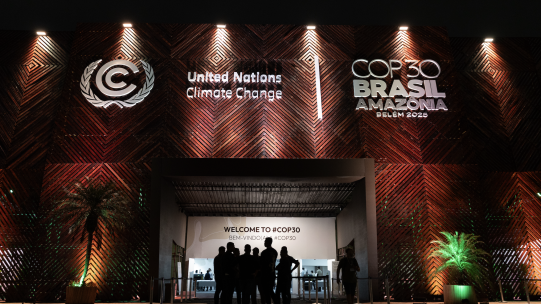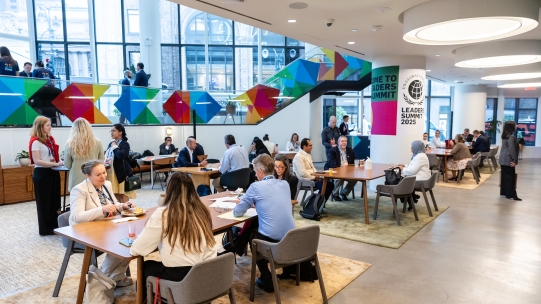A Steel Company Transforming Lives Through Recycling in Chile
Read more
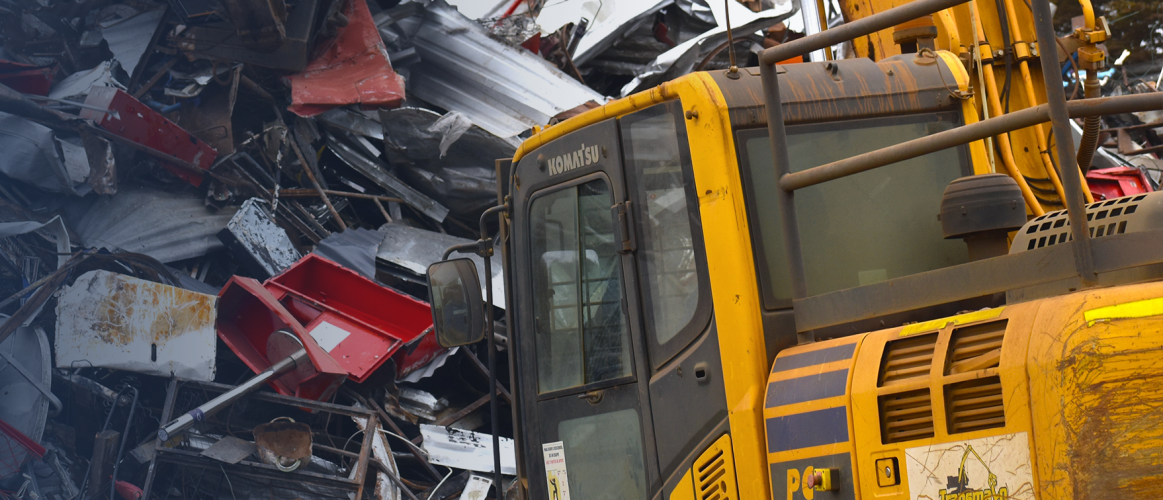
Manuel Ponce, a recycler in Chile, started a few years ago with a small pickup truck, but after entering into the AZA Contigo program, he acquired a full-size truck. “Before, we had no set schedules — some days were good, others bad. Now, it’s completely different: we have stability, we can schedule vacation days, and we can organize our lives better,” Ponce said.
But the main aspect of AZA Contigo for Ponce was formalization: “We knew certification was a key requirement that would open many doors. That’s when AZA Contigo came along — a fundamental opportunity to move forward with the formalization process and access training programs that changed our lives.”
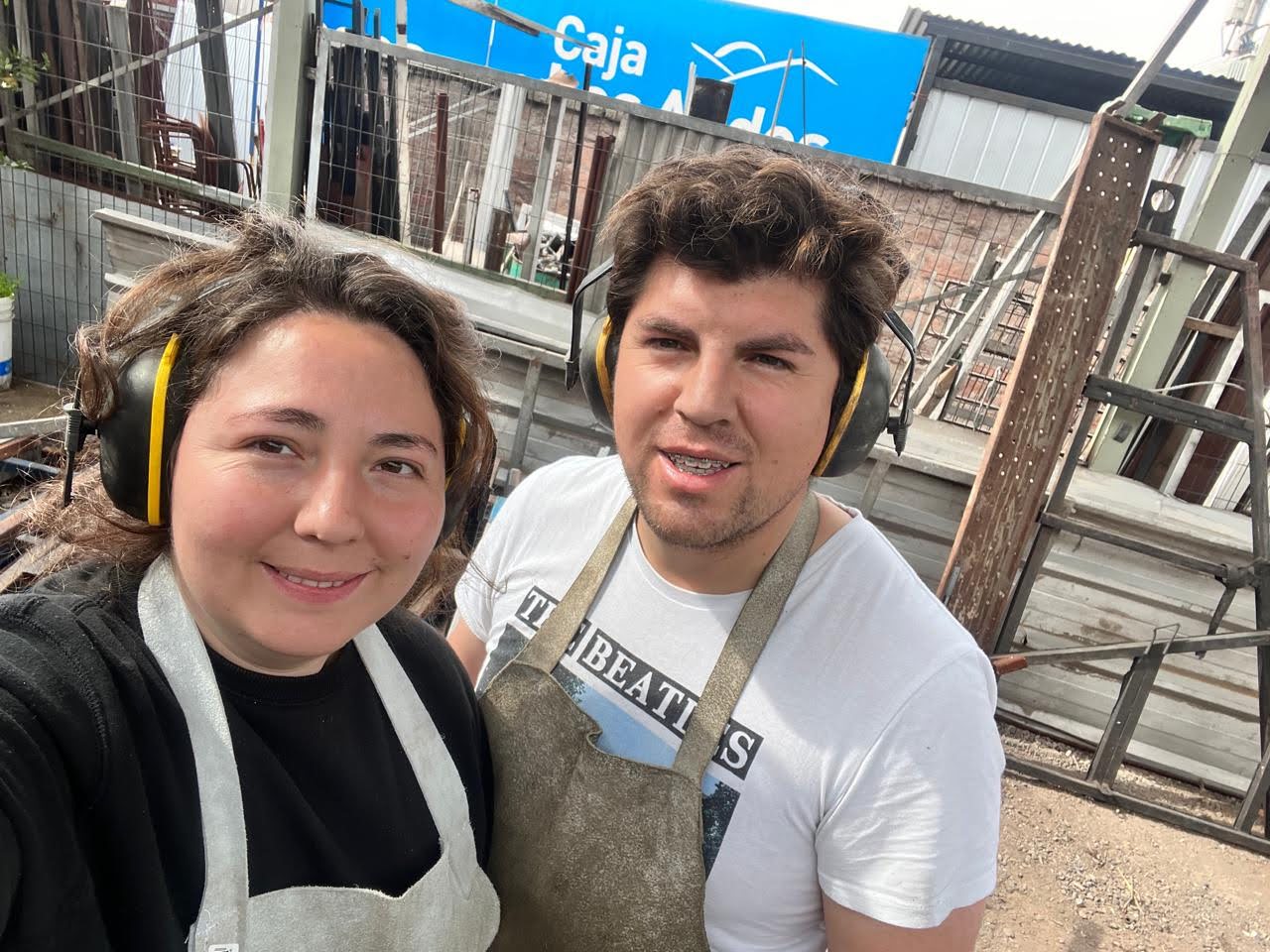
Manuel Ponce with his wife, Cecilia Cornejo. Provided by AZA Contigo.
Manuel Ponce’s story is part of a broader initiative led by Aceros AZA, Chile’s only remaining steel producer. AZA specializes in manufacturing steel products from recycled ferrous scrap. With nearly 90 per cent of its steel made from recycled materials and an annual production capacity of around 600,000 tons, the company launched the AZA Contigo program to support and formalize the work of grassroots recyclers.
AZA Contigo's main objective is to increase the share of raw materials from recyclers. The rest comes from industries such as mining and construction, which generate large amounts of scrap. AZA also faces competition for scrap from exporters who buy it in Chile and ship it to countries like Turkey, Peru and India, where it is used to produce steel.
The program started in 2020 to help grassroots recyclers during the pandemic, when they needed cash to support their families. Starting with less than 600 participants, the program has grown to more than 17,000 recyclers nationwide today. In 2024, AZA met its target of sourcing 21 per cent of raw materials from these base recyclers, a goal originally set for 2025.
One of the key elements is prompt payment. “We pay them in less than 24 hours. It is a big effort for our company, and it is one of the things they appreciate most,” said Julio Andrés Manterola Serey, Head of Sustainability and Communications at AZA.
The business of grassroots recycling, not only in Chile but worldwide, is very informal. In Chile, unlike in some countries where recyclers might work with government agencies, scrap recyclers depend more on businesses and entrepreneurs than on the government for their income.
Sources of scrap include domestic items like refrigerators, bed frames and other household goods. Chile also recently adopted a law covering electronic waste — televisions, phones and other electronic devices with metal parts. AZA has developed the capacity to recover these metals for steelmaking.
AZA works all over Chile; it has two main plants in Colina and Renca, both near Santiago, the capital. The company also operates large recycling centers in Antofagasta, Concepción, Temuco and Puerto Montt.
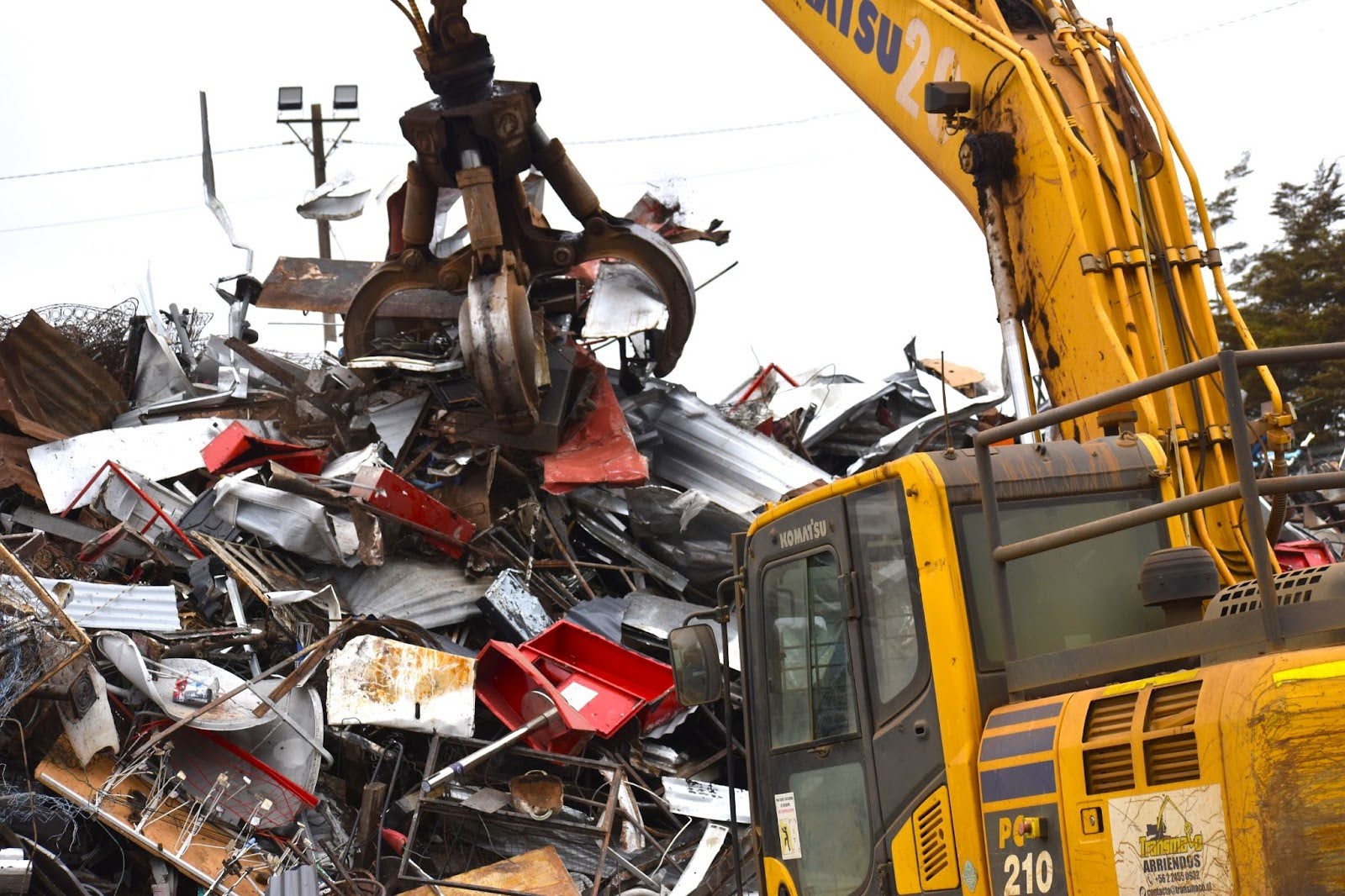
Recycling Center in Temuco. Provided by AZA Contigo.
In addition, AZA has developed a franchise model for recycling centers. They are operated by local managers but dedicated exclusively to grassroots recyclers. By now, more than 20 such centers are in operation. These centers maintain close, personal relationships with the recyclers. Many of these individuals have transformed their work and identity through the program.
“When they start working with us, they call themselves chatarreros, scrap recyclers. But after they go through this program, they feel like entrepreneurs. They say, ‘I have my little company, my startup.’ There is a change in mentality,” noted Manterola.
Recyclers become small business owners. They start using social media, software for managing finances, while operating within the formal economy. “AZA Contigo not only helped us with the technical side but also with accounting, which was the most complex part for us,” Ponce, the recycler, said.
“We went from recycling in a scattered, informal way to having an organized model with clear goals. Today, thanks to formalization and training, we can think about the future with confidence, keep growing, and contribute to recycling in a professional way,” he added.
Aceros AZA has been identified by the Global Compact Country Network Chile as a good example of sustainability. The company aims to align its operations with the Sustainable Development Goals, including through participation in initiatives like Forward Faster. “The work with grassroots recyclers is inside our business. It is not just a social activity or a sustainability action — it is a very important part of our business,” said Manterola.
